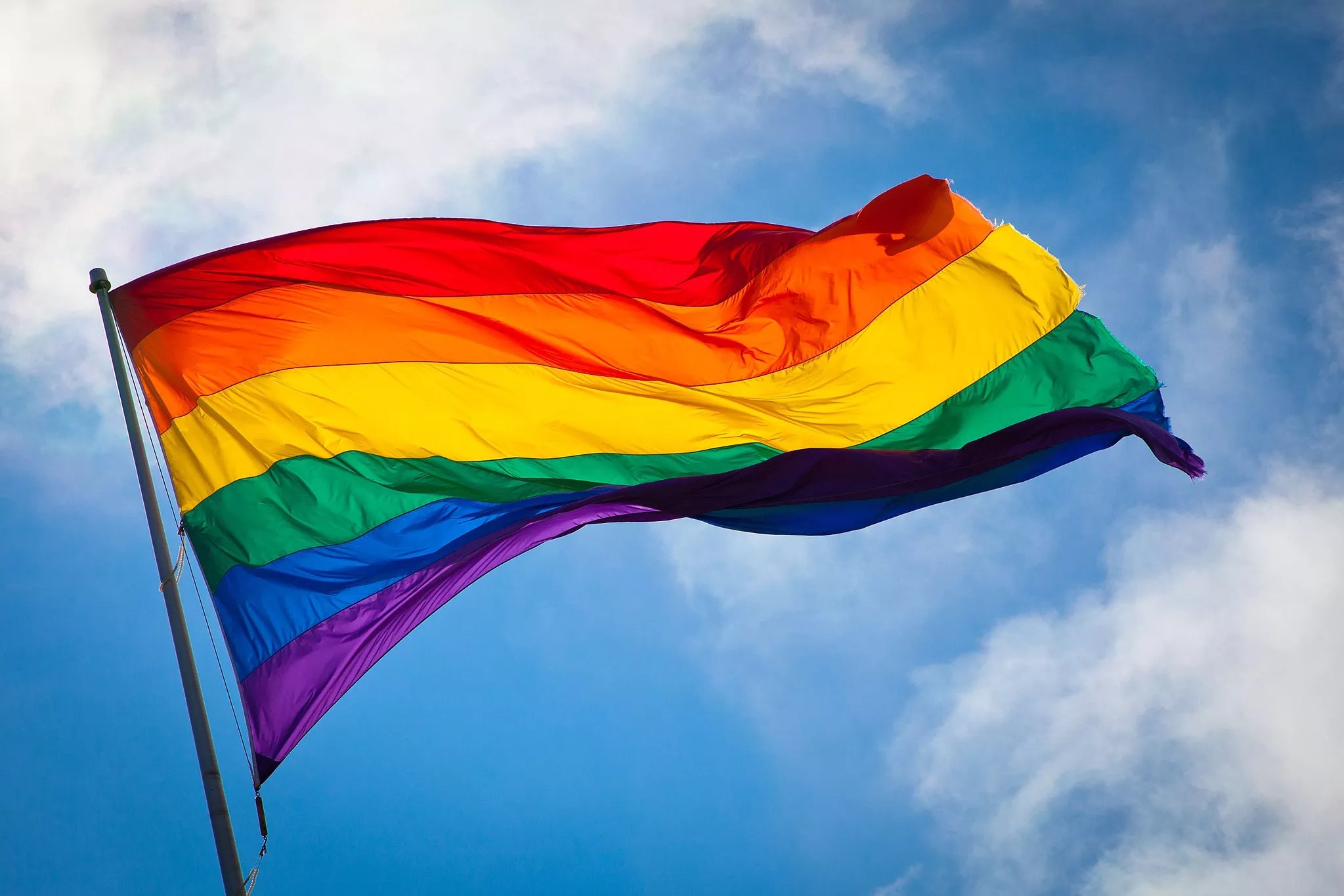
Benson Kua

Audio By Carbonatix
The Texas Supreme Court has ruled that state judges are not required to marry same-sex couples on the basis of preserving their own religious beliefs, as reported by KERA.
The ruling, handed down last week, adds a new line to Canon 4 of the Texas Code of Judicial Conduct.
“It is not a violation of these canons for a judge to publicly refrain from performing a wedding ceremony based upon a sincerely held religious belief.”
The amendment was signed by all nine of the courts’ Republican judges and went into effect immediately.
The formal decision comes after a 2019 lawsuit from a Central Texas judge who was issued a public warning after refusing to marry same-sex couples. The judge, Diane Hensley of Waco, chose to stop marrying couples entirely in 2015 when the United States Supreme Court declared that same-sex marriages were constitutionally protected in a landmark ruling, Obergefell v. Hodges. But in 2016, Hensley began officiating straight marriages once again while “politely refer[ing]” same-sex couples to another judge within the county.
“For providing a solution to meet a need in my community while remaining faithful to my religious beliefs, I received a ‘Public Warning.’ No one should be punished for that,” Hensley said in a statement in 2019.
Hensley was not fined, and in 2024, the state Supreme Court ruled in her favor, resulting in the withdrawal of the sanction. But fearing the same fate, a North Texas judge, Brian Umphress, sued the State Commission on Judicial Conduct in 2020, arguing the commission’s interpretation of the Canon violates the First Amendment and is unconstitutionally vague. At the time, Umphress planned to run for re-election in the 2022 election in Jack County, with opposition to gay marriage being a pillar of his campaign.
The courts dismissed the suit, but Umphress appealed, ultimately reaching the Texas Supreme Court.
“Now going forward, every judge in Texas will enjoy the freedom Judge Hensley has fought so hard for in her case,” Hiram Sasser of the First Liberty Institute, a religious freedom advocacy center that represented Hensley, said in a statement. “As for her case specifically, this amendment melts away the reasons the Commission relied on to punish Judge Hensley.”
However, some critics argue that the freedom of religion defense is unfounded and serves as a poor excuse.
“This decision gives prejudice a platform and power it does not deserve,” said the Rev. Dr. Neil G. Thomas, senior pastor of Cathedral of Hope in Dallas, in a statement. “To deny couples the right to marry because of who they love is an affront to both our Constitution and the Gospel of Jesus Christ. Let us be clear: This is not about religious freedom; it is about institutionalizing bias.”
Thomas worries about the greater implications for LGBTQ+ couples.
“This ruling sends a chilling message,” Thomas said. “It tells LGBTQ+ couples that their love is conditional, that their dignity is negotiable and that their humanity depends on the comfort of others. That is morally indefensible.
A Similar Fight At The National Level
The ruling now sets a precedent for all judges in the state and is a preview for a larger, more significant case that will be heard at the highest court next month, challenging the initial 2015 decision that protected same-sex marriage. On Nov. 7, the United States Supreme Court will decide whether or not to hear the case of a Kentucky county clerk, Kim Davis, who refused to issue marriage licenses to a gay couple in 2015. Davis is now requesting that the Supreme Court reconsider its 2015 decision in Obergefell v. Hodges.
“Obergefell could not override the First Amendment, nor could it grant Respondents the right to obtain a marriage license with Davis’s name on it,” reads the brief sent to the Supreme Court by Davis this week. “… Surely, Obergefell did not mean what Respondents seek as the basis for their emotional distress claim. Overturning Obergefell would entitle Davis to the relief she deserves.”
After failing to issue the licenses as ordered by U.S. District Judge David Bunning, Davis was held in contempt of court and jailed for five days in September 2015. Bunning released Davis on the condition that she no longer interfere in the issuance of marriage licenses for gay couples in her county. The legal battle continued until a federal jury ruled in favor of the couple, ordering Davis to pay $100,000 in damages and $260,000 in legal fees.
“If ever there was a case of exceptional importance,” she asserted, “the first individual in the Republic’s history who was jailed for following her religious convictions regarding the historic definition of marriage, this should be it.”
Davis has appealed the jury’s decision, arguing her religious beliefs should immunize her from legal liability. The Supreme Court will hold a private conference next Friday to determine whether it will formally review Davis’ case and the Obergefell decision. By standard practice, there are several conferences, and at least four of the nine justices must vote to accept the case in order for it to be heard.
If accepted, the hearing would bring about one of the largest challenges to gay marriage rights in United States history at a time when the court is a 6-3 conservative supermajority, with three justices controversially appointed by President Donald Trump in his first term.